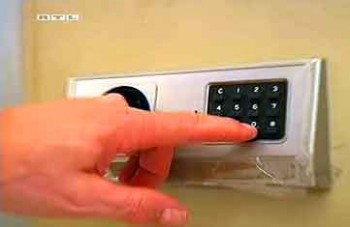
How safe is the safe in your hotel room? Not safe at all, it turns out, unless you factor in the odds. Odds are, your safe won’t be broken into. But the fact is, the crackin’s easy. Of course it is—hotels must be able to rescue valuables from faulty memories (forgotten codes, departed guests who forgot to empty their safes), lost keys, dead batteries, and power outages.
Hotel management and/or security can always access room safes. But how? Depends on the kind of safe. Does it open with a metal key? By swiping a magnetic card, or punching in a code? Does it use a plastic key card with a pattern of holes punched in it?

Is the safe safe?
Bob and I have long endorsed the use of safes in hotel rooms, as long as they are electronic. We’ve shied away from metal- and plastic-key safes, concerned about how many copies float around. But there are other ways to enter safes, and an untold number of people who have access, authorized or otherwise.
A deluge of thefts from hotel room safes in Palma de Mallorca, Spain, led to an investigative report by Burkhard Kress for Extra, a news show on German RTL TV (unfortunately not online).
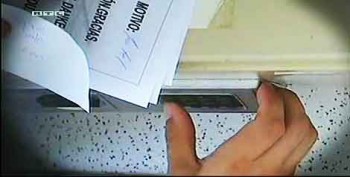
Kress booked a room there and mounted a hidden camera, then called hotel management for help opening his safe. The hidden camera footage captured the code that management punched into the safe’s keypad, which ended with the room number. With the permission of the guest in the room next to his, Kress tried the same code appended with the other room number. The neighbor’s safe opened. Anyone with the master code could open every safe in the hotel.
And anyone with a hidden camera could capture the master code.
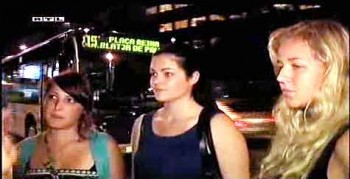
Kress had his cameraman stake out a different room for a week, waiting for a safe break-in. Alas, he was never hit. Eventually, Kress found out why. The thefts occur in rooms booked by two or more friends staying together. When a theft is reported, front desk staff insist the theft was committed by one of the “friends.”
Guests are required to pay a fee for the use of the safe. This, along with the fact that the only rooms hit are booked by two or more friends, leads me to suspect that these safe thefts are inside jobs. Who but front desk staff know both those facts? Of course the thieves might also be former employees, or individuals in cahoots with an employee.
According to Eric Fischer, a tour leader interviewed by Kress, these thefts have been going on for years at this and other hotels in Palma. He’s kept a log of them. He himself had €14,500 stolen from the safe in his room. When the Spanish police investigated the theft without much interest, Fischer suggested that they take fingerprints. “The police responded no,” he said, “you must be watching too much German TV—we don’t do that.”
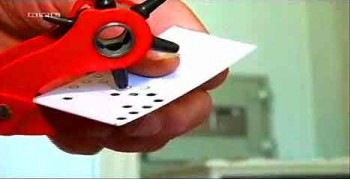
What about those plastic key cards with a pattern of holes punched in them? They can be copied onto cardboard by anyone with a pencil and a hole punch. Safes that open with a keypad or your own magnetic card (credit card, grocery store card, or anything swipeable) often have a visible keyhole for a tool held by hotel management or security. Or, the safe may have an innocuous-looking panel that simply snaps off to reveal the keyhole. Whose got that key?
Bob and I have also come across safes screwed to loose shelves in closets.
In our book, we wrote:
Safe-cracks are extremely rare, although a man was recently arrested in Palma de Mallorca and charged with a spate of hotel safe robberies. Somehow, he had come into possession of a master tool which hotel security uses to open certain jammed electronic safes. (Other electronic safes can be opened by security using numerical bypass codes.) Presumably then, the man also had the tools to get into the hotel room itself. The burglar posted his female accessory at the elevator. They each had a cellphone and kept an open connection between them. When people came to the elevator, the woman would delay them for one minute. The burglar would hear the conversation, tidy up, and get out of the room.
Travel Advisory: How to Avoid Thefts, Cons, and Scams While Traveling
Chapter Four, Hotels: Have a Nice Stay
The “international conman” captured last September social-engineered his way into guest rooms and tricked hotel staff into opening safes. Hotel management, meanwhile, walks a fine line, compromising somewhere between providing real security and reluctance to inconvenience guests.
So how does Mr. International Conman get into your safe? Or—maybe not your safe because, obviously, he’s going to target a “whale,” or some other affluent hotel guest. First, he needs to get into your room—when you’re not there. Like any good con artist, he knows that front desk staff at most hotels will ask for ID, so he’s prepared. Here’s how. First, he follows you to learn your room number. Later, he goes to the front desk and, giving your room number, asks for a printout of “his” charges to date. Bingo. He’s now got your name and address. Next job is to whip out a fake ID, right in his car in the parking lot. Sounds like a lot of trouble, doesn’t it? But look at the payout.
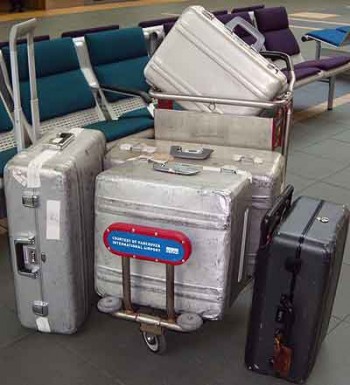
What should you do, then, with your million-dollar bauble? Carry the stuff and get pickpocketed or mugged? Leave it in the hotel safe for the safe-cracker to burgle? Put it in the front office safe? Often, Bob and I choose to lock our stuff into our largest hardsided (aluminum) luggage.
This is a good moment for intuition, or at least for some conscious reasoning. Bob and I stay some 200 or more nights a year in hotels and, though we don’t always use the safe, we’ve never had a problem with one. YMMV. The practical danger in using the hotel safe is remembering to empty it before you check out. When I expect a hurried or groggy, pre-dawn check-out, I scrawl a bedside note to myself.

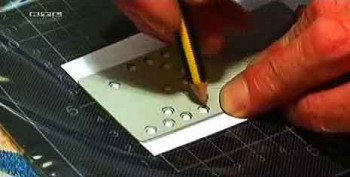
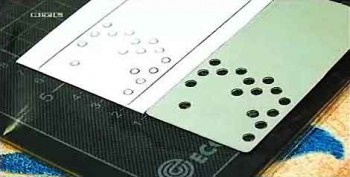


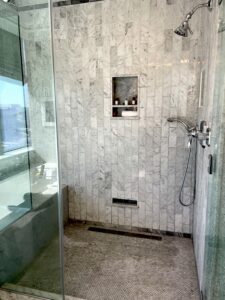

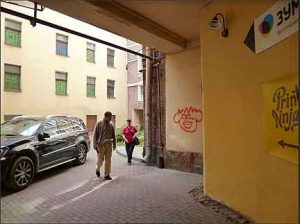
6 Comments
[…] is the safe safe? We generally feel secure with electronic safes that allow us to key in our own code or swipe our […]
Whilst staying at the radisson in panwa Phuket with two friends our locked hotel room safe was robbed over two days of au$1000
Hotel management didn’t care nor did the police
The hotel treated us as though we were making it up and didn’t even offer us a meal
We were told it was impossible and that the cleaners were interviewed and proclaimed their innocence
That was it, end of story
They would hardly admit to their crime would they?
[…] is the safe safe? We generally feel secure with electronic safes that allow us to key in our own code or swipe our […]
I guess your solution is a step beyond what I’m willing to do. But it all depends on the valuables you’re traveling with. Luggage handles are a pretty weak link, too. I’d love to know what countries were on your company’s list. And just how did your employer expect you to secure the documents, anyway? Seems they’d give you a solution along with the precious goods. Thanks for your comment.
It really is pretty difficult. The last couple of years I travelled a fair bit on company business, often carrying confidential documents. (That project is over, and I don’t travel much on business now.) Some hotels no longer allow you to use the hotel’s safe if your room has one of those cheapo el-crapola safes. And in any case, the company security policy tells you not to use the hotel safe in certain foreign countries, because they have an “arrangement” with the industrial espionage section of their national intelligence agency.
On the other hand, as you point out, the new generation of room safes are largely rubbish — able to thwart the lowliest crooked housekeeping maid, perhaps, but you can’t even be sure of that. In fact it seems their main advantage it to shift liability to the customer.
The best solution I have so far is a portable lockbox (similar to your hard-sided suitcases, I guess) with a good Abloy lock, and one of these:
http://www.alarmlocks.com/
with the 6 m / 20 ft cable. After looping around the (very sturdy) handle of my lockbox, my luggage, and an immovable post (usually the toilet) the ends of the cable slot into a little electronic box where they are secured by its locking lid. The box has a 3 digit combination set on thumb-wheels, and also has an ear-shattering alarm and flashing ultra-bright LED strobe which operates if the cable is cut (supposedly: I haven’t actually tested that.)
Unfortunately the whole setup is a clumsy kluge. I’d prefer not to keep my luggage in the bathroom, but most hotel rooms have nothing else sturdy enough to strap the cable to. A three digit combination is also much less than I’d really like when it doesn’t have rate-limiting. (Surely it wouldn’t be hard to make it sound the alarm 5 seconds after pushing the “open” button, unless you had successfully opened the lid and hit the off button?) I really wished I could think of a better way.
Fortunately in my new position I only have to worry about dishonest maids and not industrial spies, and I solve that by travelling light.
[…] their security squared away. For the most part that is true, but their defenses are no match for clever swindlers who planned with ample […]